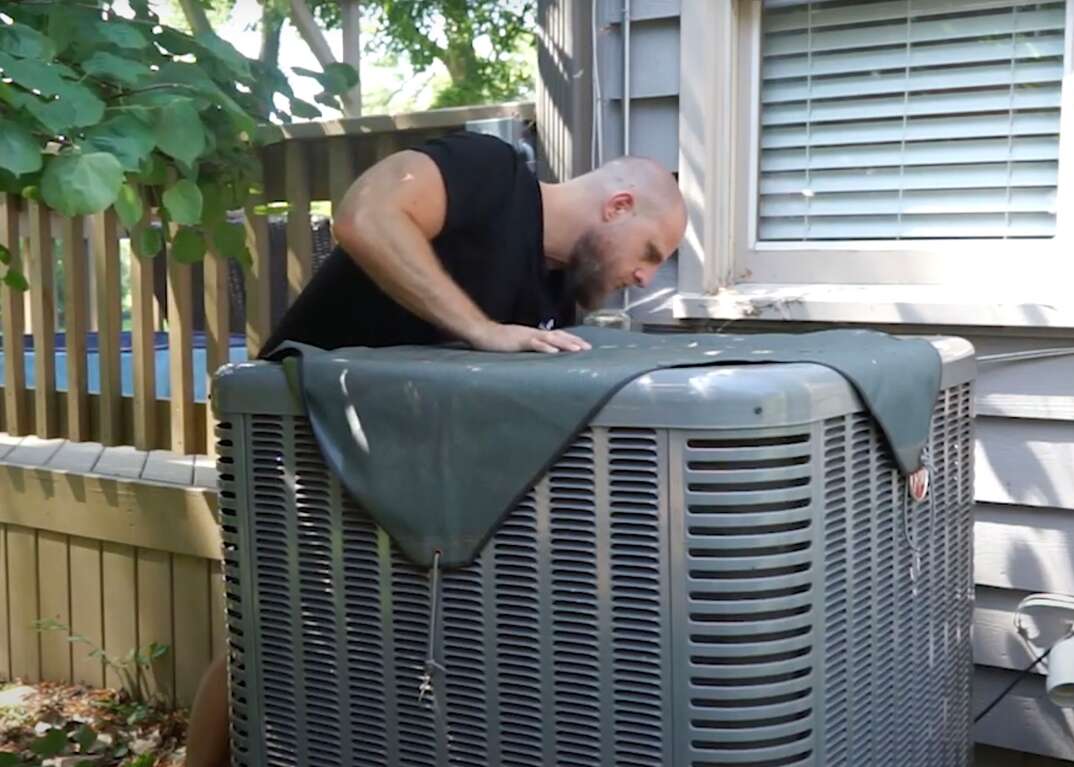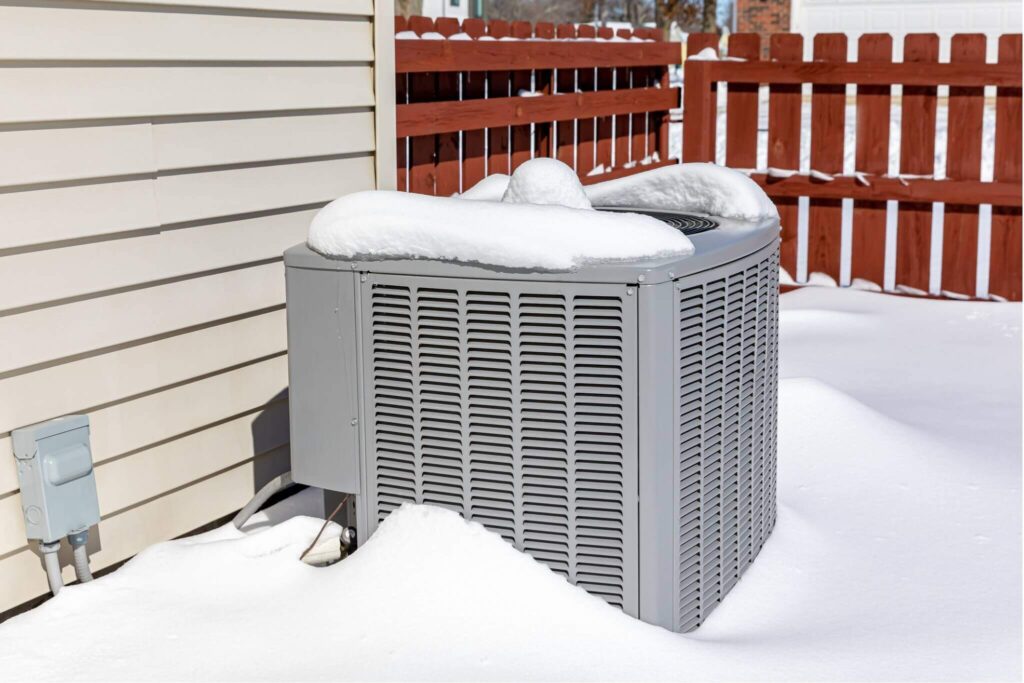As the leaves change color and you store away the garden furniture, it’s a clear sign that winter is just around the corner. This is the perfect time to think about our heating systems. You can’t just assume that your heat will go on when you need it. Most people end up with a cold a few days early in the season when they realize the heat isn’t coming on.
A cold winter night without heat isn’t uncomfortable but can also be dangerous. That’s why it’s crucial to make sure our heating systems are in good shape before the cold sets in. Ignoring this can lead to problems, and fixing them in the middle of winter can be expensive and stressful. In this article, we will go over what to do to get your heating systems ready for winter.
1 – Pre-winter checklist
There are a few things that you can look for before the weather turns too cold. First, look at the parts of your system like filters, ducts, and vents. These need to be clean for your system to work right. If they are dirty, they can make your system less efficient and could even be a fire risk. Cleaning or replacing these parts is a good first step.
Next, think about getting a professional to look at your heating system. They can find problems you might not see and fix them before it gets cold. This is especially important if you have a gas fireplace, as you might need specific gas fireplace replacement parts or maintenance. A professional can help you get the right parts and install them safely.
Finally, test your thermostats. Make sure they turn on and off your heating system as they should. If your thermostat is old or not working well, consider replacing it. If your furnace or heater is compatible with a smart thermostat, this is a great way to upgrade your system for efficiency and control.
2 – Test things out
Before the cold weather sets in, it’s a good idea to test your heating systems to make sure they are working properly. This is a simple but important step to ensure your home will be warm and safe during winter. Start by turning on your heating system and observing how it operates.
Listen for any unusual noises and notice if it’s heating all areas of your home evenly. If you find rooms that are not getting warm, this could mean there are issues with your ducts or heating system.
If you have a fireplace it is very important to check things before lighting the fire. Start by inspecting your fireplace for any signs of damage. Make sure that the damper opens and closes smoothly. If you have not used your fireplace in a while, it’s a good idea to have a professional inspect and clean the chimney. A clean and well-maintained chimney is essential to prevent chimney fires and ensure that smoke is properly vented out of your home.
This is also the best time to check your carbon monoxide detectors to make sure they are functioning correctly. These detectors are essential for safety, especially in homes with gas heating systems. If you don’t have a carbon monoxide detector, consider installing one before winter.

3 – Be prepared for emergencies
Winter is a time when you can’t be caught out by an emergency. However, it’s also the time of year when you are likely to face one. Storms are frequent and it is not uncommon to lose power for several days.
If your heating system fails, having a plan can make a big difference. Start by knowing where to turn off your heating system, including the main power switch and gas valve if applicable.
In extreme cases, where heating can’t be restored quickly, have a plan for where you could stay temporarily. This could be with family, friends, or a hotel. Remember, staying warm and safe is more important than staying at home without heat.
You should also know what it looks like when you’re faced with a failing heating system. These can include strange noises, uneven heating, or higher-than-usual heating bills. If you notice anything unusual, don’t ignore the issue.
Conclusion
Preparing your heating system for winter can’t be ignored if you want a comfortable and safe home during the colder months. Finding problems early is the only way to know if your system is working before the winter sets in.






